As students with hectic schedules, maintaining a balanced and healthy diet is vital to support our academic performance and overall well-being. One essential aspect of healthy eating is reducing fat and calories in our meals. Not only does this promote a healthier weight, but it also lowers the risk of chronic diseases and improves our energy levels. We’ve provided five top tips that will lighten your cooking without lightening your pocket.
1. Choose Lean Proteins:
Opt for lean sources of protein like skinless poultry, fish, legumes, and tofu. These options are lower in fat and calories compared to their fatty counterparts like processed meats and marbled beef.
2. Bake or Grill Instead of Frying:
Instead of frying your food, try baking or grilling. These cooking methods require less oil and still provide a delicious, crispy texture. You can season your dishes with herbs and spices for added flavour without the need for excessive fats.
3. Use Healthy Cooking Oils:
When cooking, opt for healthier oils like olive oil, avocado oil, or coconut oil in moderation. These oils contain healthier fats that are beneficial for your body.
4. Load Up on Veggies and Fruits:
Vegetables and fruits are naturally low in fat and calories while being packed with essential vitamins and minerals. Incorporate a colourful array of produce into your meals to boost nutrition and create a feeling of fullness.
5. Be Mindful of Portion Sizes:
Even with lighter cooking, portion control plays a significant role in maintaining a balanced diet. Avoid oversized servings and listen to your body's hunger cues to prevent overeating.
Reducing fat and calories in our meals is a powerful step towards a healthier and more vibrant lifestyle. Remember, small changes can yield significant results, so start today and nourish your body with the wholesome goodness it deserves.

